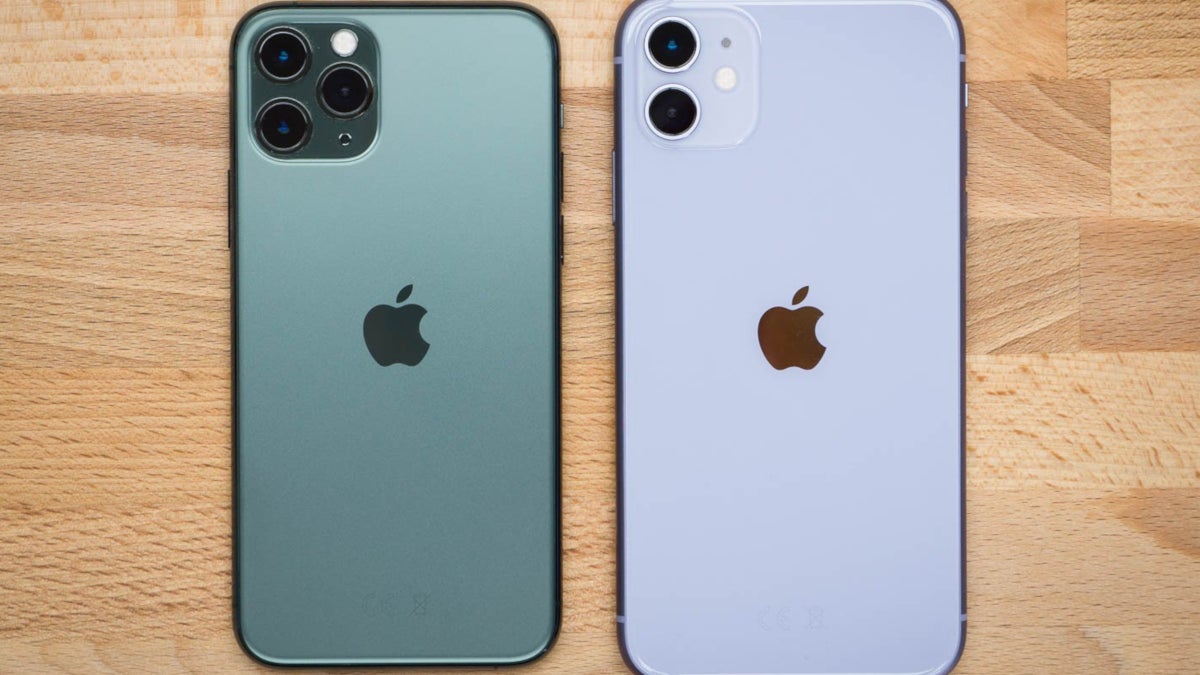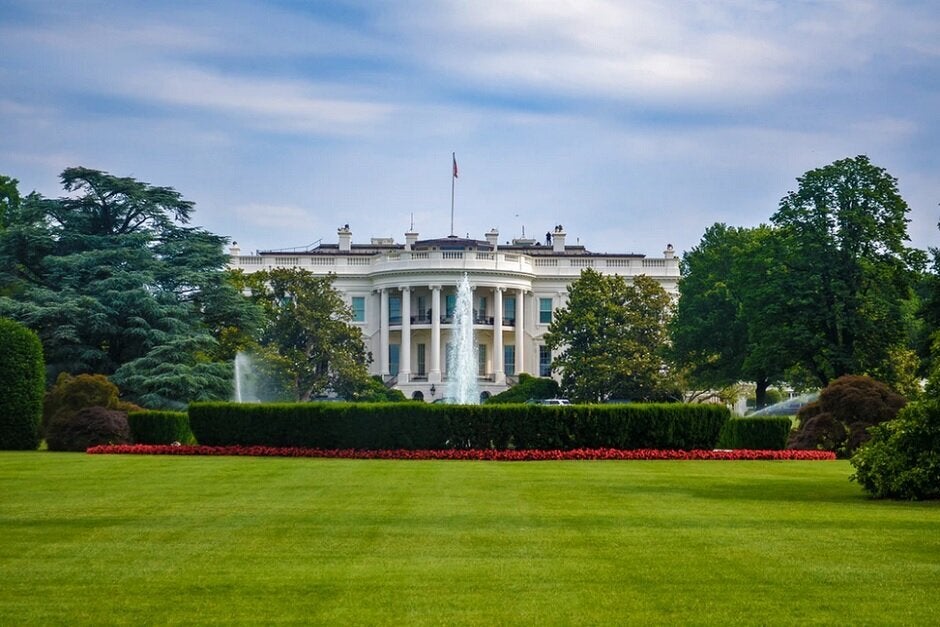China will reportedly punish Apple, Qualcomm, and others to get back at the U.S.

As we told you earlier today, exactly one year after it banned Huawei from its U.S. supply chain, the U.S. government changed a rule that will result in the inability of Huawei to receive its most powerful chips without U.S. permission. Under the new rules, foundries around the world (such as the leading contract foundry TSMC) will need to get permission from the U.S. to ship chips to Huawei and its subsidiaries and affiliates.
This could be a big blow to Huawei as it puts the future of the company in the hands of Donald Trump. The only way Huawei is going to be able to receive chips for its high-end devices will be if Trump agrees to it. However, the U.S. will allow Huawei to receive chips made from wafers already in production as long as they are shipped no later than 120 days from today.
TSMC stands to lose over $5 billion in revenue because of the U.S. "rule change"
If you think that China might be seeking some sort of revenge against the U.S. for what some have called bullying, you're absolutely correct. According to a source cited by the English-language Global Times, the country is ready to employ a series of "countermeasures" including the creation of an "unreliable entity list" which would result in restrictions being placed on U.S. firms including Apple. Other U.S. firms that the source mentioned as possibly being the recipient of retaliation by China include Qualcomm, Cisco, and Boeing.
Even though this information comes from a source, the Global Times is published by the People's Daily, the official newspaper of the Communist Chinese government. The Global Times is not an official government source but is believed to parrot the beliefs of the Chinese government.

The new rule from the Trump administration gives the U.S. control over Huawei's supply of cutting-edge chips
He Weiwen, a former senior trade official and an executive council member of the China Society for World Trade Organization Studies, told the Global Times, "China should implement these countermeasures to the extent that the US dare not ask for a mile after being given an inch." He says that China should perform thorough investigations into relevant U.S. companies and "let them feel the pain."
Any retaliation against U.S. tech companies that results in their products being banned in China could force those American firms to take a big financial hit. During its fiscal second quarter, 14.8% of Apple's revenue came from China. And many of China's domestic phone manufacturers use Qualcomm's Snapdragon chipsets and modem chips so the Chinese government needs to be careful that they don't cut off its nose to spite its face. However, some Chinese phone manufacturers are supposedly working on their own chipsets.
An anonymous Chinese insider stated, "China will launch rounds of endless investigations on those firms, just like swords hanging over their head. It will dampen investors' confidence and squeeze their income in the Chinese market." The insider notes, "It will also inflict a chain reaction on various upstream and downstream players in US chip production."
The Wall Street Journal says that a ban on U.S. chips in China could cost U.S. tech firms $36 billion in revenue. U.S. exports of chips to China still generate a trade surplus, one of the few business sectors that still do.
One person close to the Chinese government is Gao Lingyun, an expert at the Chinese Academy of Social Sciences in Beijing. According to Gao, the Chinese government will first punish small U.S. companies dependent on China. This, he says, could be a "first-level" warning to the U.S. before punishments are placed on bigger companies like Apple. Talking about the smaller firms he says, "They are vulnerable to restrictive measures. Once Chinese authorities impose sanctions on them, the cost is ill-afforded. Most small firms will be pushed to the brink of collapsing."
In typical Trump fashion, just the other day the U.S. said that it wanted TSMC to build a factory in the states. However, by preventing Huawei from receiving chips from TSMC, Trump is essential taking away TSMC's second-largest customer. Last year, Huawei generated $5.2 billion in revenue for the foundry, an 80% hike from 2018. With the Wall Street Journal reporting that TSMC will build a plant in Arizona that will turn out 5nm chips by 2023, we wouldn't be surprised to see TSMC back out of that transaction.
Follow us on Google News














Things that are NOT allowed:
To help keep our community safe and free from spam, we apply temporary limits to newly created accounts: